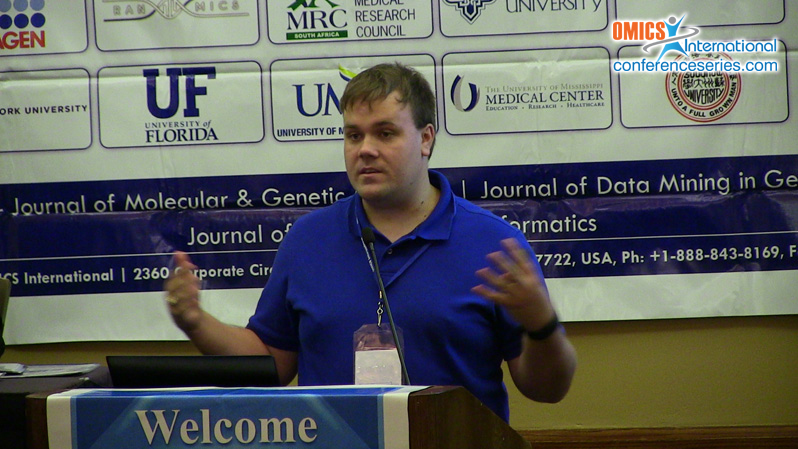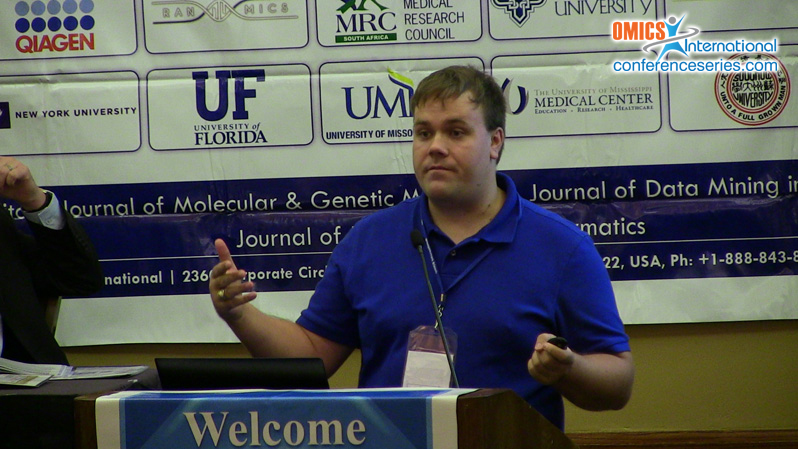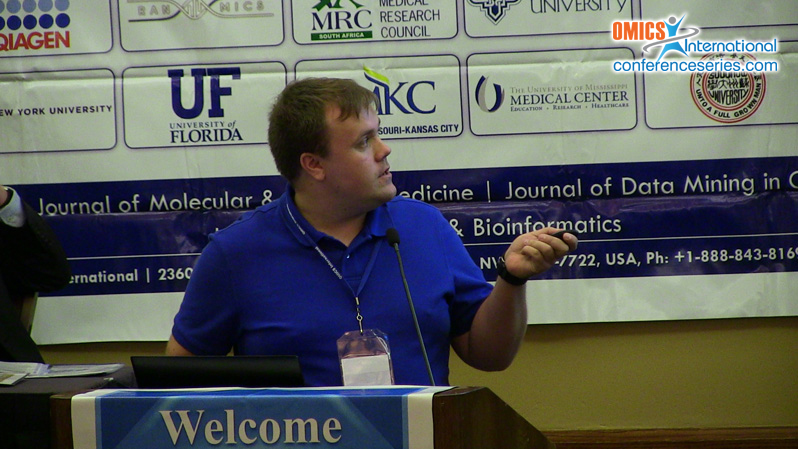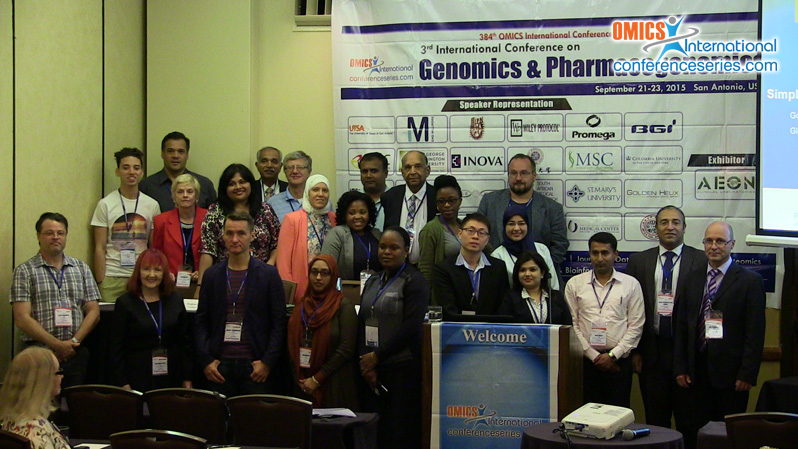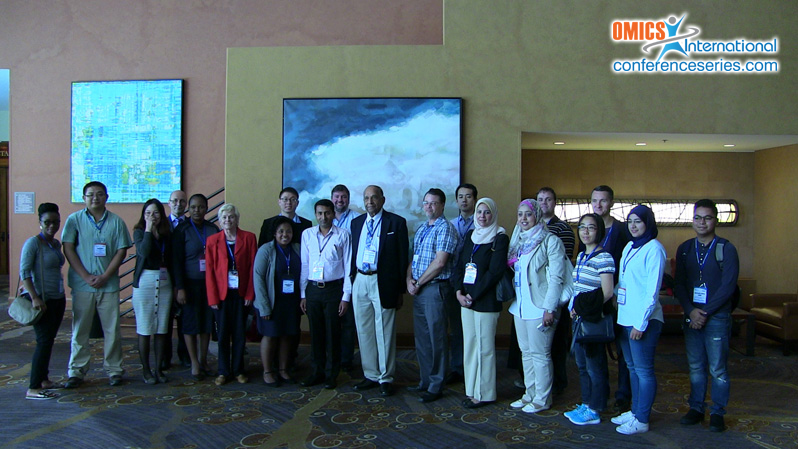
Daniel J Cooper
University of Texas at San Antonio, USA
Title: Co-regulation of pluripotency and enhanced genetic integrity at the genomic level
Biography
Biography: Daniel J Cooper
Abstract
One important but poorly characterized aspect of stem cells is their ability to maintain genetic integrity while pluripotent, when induced to diff erentiate and or when derived from diff erentiated cells by reprogramming. We tested the hypothesis that pluripotency and enhanced genetic integrity are mechanistically linked at the genomic level. We used computational methods to mine previously published databases describing gene expression in human and mouse ES, iPS and diff erentiated cells and found that 40-44% of DNA repair genes are up-regulated in ES and iPS cells while only 1-13% are down-regulated. Cell death genes showed overall diff erential expression between pluripotent and diff erentiated cells with 14-24% of genes downregulated and 12- 23% up-regulated in pluripotent cells. We then used Ingenuity Pathway Analysis (IPA) to examine direct interactions between three pluripotency factors, SOX2, OCT4 and NANOG and these diff erentially expressed genes. In addition, we examined interactions between pluripotency factors and intermediary transcription factors that are themselves, regulated by pluripotency factors and which in turn regulate downstream genetic integrity genes. Th e combination of direct and indirect interactions we detected accounted for regulation of 22-50% of diff erentially expressed genetic integrity genes by the three pluripotency factors investigated. Several of the pluripotency-genetic integrity network interactions predicted by computational methods were subsequently validated by ChIP-qPCR. Taken together, our data support our hypothesis that enhanced maintenance of genetic integrity is mechanistically linked to the epigenetic state of pluripotency at the genomic level. In addition, these fi ndings demonstrate how a small number of key factors can regulate large numbers of downstream genes.

